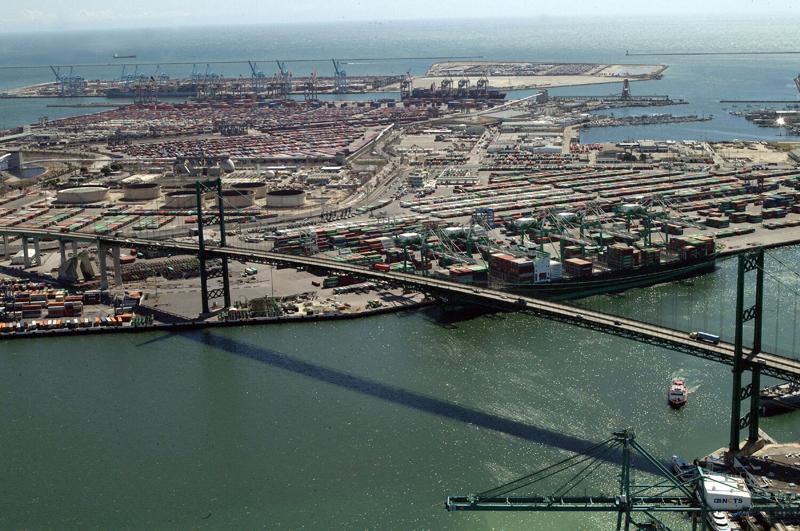Former President Donald Trump’s proposal to use higher tariffs to offset the cost of extending the 2017 tax cuts is “highly uncertain,” according to report from credit-rating agency Moody’s.
Trump wants to extend provisions of the 2017 Tax Cuts and Jobs Act, which the Congressional Budget Office has estimated will cost $4 trillion over the next decade.
Trump has proposed imposing a 10% to 20% across-the-board tariff on all imports and tariffs up to 60% on China to help offset the costs. Trump’s tariff plans haven’t been detailed, confusing budget projections. Experts have found it difficult to gauge how other countries would respond to those tariffs.
“While such measures could raise several trillion dollars in revenue over the next decade, they could also lead to revenue losses from potential retaliatory actions from other countries and other economic losses,” Moody’s noted in a recent report. “Therefore, the net effect on future revenues and fiscal deficits from such measures is highly uncertain.”
The Penn Wharton Budget Model, a nonprofit group, projects Trump’s overall campaign tax and spending proposals would increase primary deficits by $5.8 trillion over the next 10 years on a conventional basis and by $4.1 trillion on a dynamic basis that includes economic feedback effects.
Moody’s notes it will mean an equivalent increase in the primary deficit.
The report highlighted the uncertainty around Trump’s proposed tariffs and the worldwide response.
“It was widely indicated that tariffs would be universally used as a negotiation tool, in line with previous tactics by the Trump administration, to grant tariff exemptions on concessional terms,” according to the report from Moody’s. “However, an initial blanket or tariff-matching approach, as well as uncertainty around tariff implementation and the outcome of trade negotiations would affect the real economy.”
Trade policies might also be constrained by legalities, Moody’s noted.
Trump’s tariff proposals would also put U.S. automakers in a challenging spot.
“Some of the highest aggregate exposure to tariff increases would fall on U.S. automakers and automotive suppliers through higher input costs, especially as these manufacturers are highly integrated with complex global value chains,” according to the report. “The importance of China in the automotive supply chain would make a 60% tariff on imports of vehicle parts from the country particularly costly.”
New cars are already out of reach for many American families. The average transaction price of a new vehicle in the U.S. in August was $47,870, according to data from Kelley Blue Book. Real median U.S. household income was $74,580 in 2022, according to the U.S. Census Bureau.
“Automakers with domestic manufacturing operations would benefit from tariffs on imported vehicles, but they too would face higher input costs,” Moody’s reported. “U.S. automakers are constrained in their ability to raise vehicle prices because affordability is already low.”







